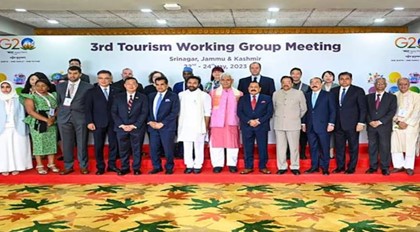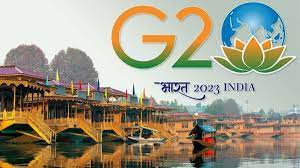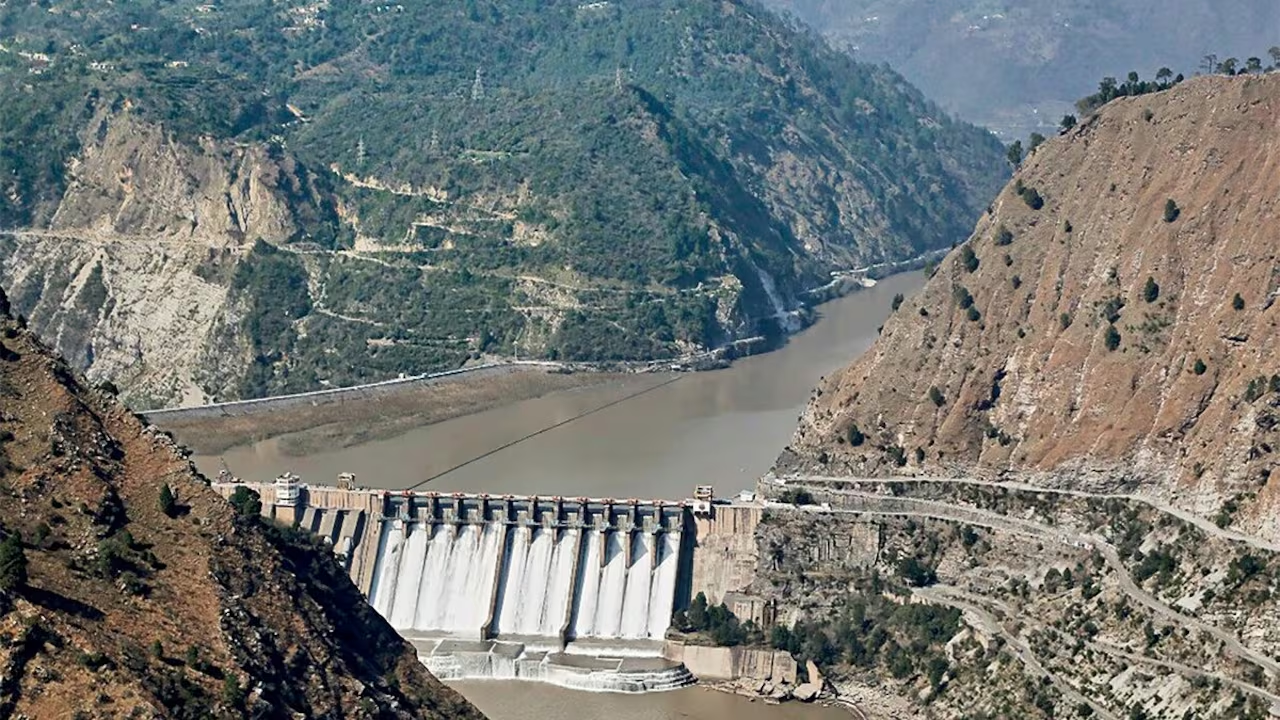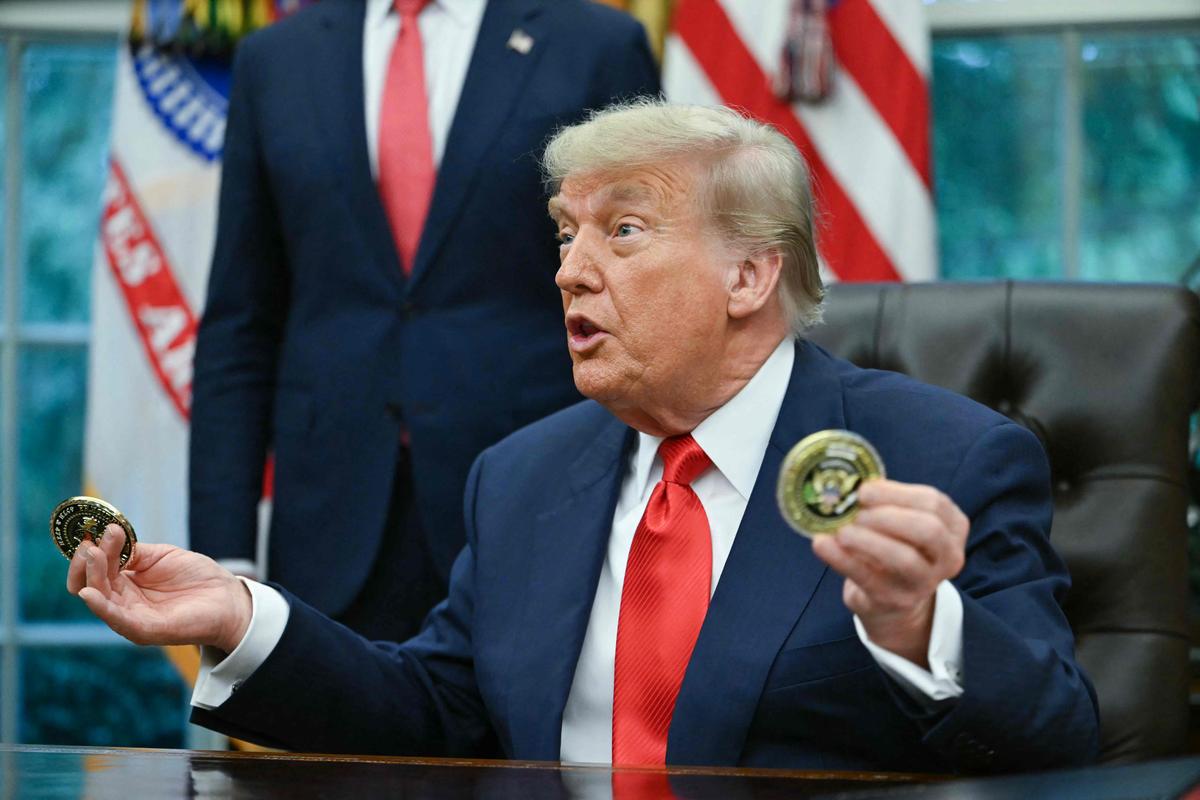- Courses
- GS Full Course 1 Year
- GS Full Course 2 Year
- GS Full Course 3 Year
- GS Full Course Till Selection
- Answer Alpha: Mains 2025 Mentorship
- MEP (Mains Enrichment Programme) Data, Facts
- Essay Target – 150+ Marks
- Online Program
- GS Recorded Course
- Polity
- Geography
- Economy
- Ancient, Medieval and Art & Culture AMAC
- Modern India, Post Independence & World History
- Environment
- Governance
- Science & Technology
- International Relations and Internal Security
- Disaster Management
- Ethics
- NCERT Current Affairs
- Indian Society and Social Issue
- NCERT- Science and Technology
- NCERT - Geography
- NCERT - Ancient History
- NCERT- World History
- NCERT Modern History
- CSAT
- 5 LAYERED ARJUNA Mentorship
- Public Administration Optional
- ABOUT US
- OUR TOPPERS
- TEST SERIES
- FREE STUDY MATERIAL
- VIDEOS
- CONTACT US
G20 SRINAGAR SUMMIT 2023
G20 SRINAGAR SUMMIT 2023


Latest Context
Recently, the 3rd G20 Tourism Working Group (TWG) meeting took place in the Union Territory of Jammu &Kashmir. Its importance become more significant by the fact that it has been boycotted by China, Pakistan, and Saudi Arabia.
Key Features of the G20 Kashmir Summit: First-day meeting of this Group happened even though it was boycotted by China, Pakistan, and Saudi Arabia.
- The delegates of this group arrived at the convention centre of Dal Lake and held a discussion on green tourism, destination management, ecotourism, and use of the films to promote tourist destinations.
- To promote its “Shree Anna” scheme, a stall dedicated to Shree Anna Millet was set up by “Jammu Kashmir Rural Livelihood Mission (JKRLM) Millet Hub.
- Singapore has become the biggest investor in India and has cumulatively invested $ 140 billion and it is very eager to search for new areas of investment and growth.
Significance of the G20 Meeting in Kashmir: Jammu & Kashmir has a very unique place in international politics due to its strategic location. It is bordered by India’s biggest adversary nations China and Pakistan. Therefore, the meeting of G20 has high significance at the international level which is as follows:
- The importance of the G20 Summit in Srinagar is that it is a very strange blend of traditional heritage and modern infrastructure with cutting-edge technology.
- Organisation of the G20 Summit in Srinagar has helped in creating an environment that has resulted in urban transformation.
- Jammu& Kashmir has suffered very long from state-sponsored terrorism therefore organising a Global event like the G20 Summit in Kashmir will help India in showcasing the stability and normalcy in Kashmir.
- Another significance of holding the G20 Summit in Kashmir is to show the knowledge, wisdom, and breathtaking landscape to delegates, and envoys of member countries of the G20.
- Jammu &Kashmir used this occasion as a launchpad for its local products, and craftmanship to increase their reach to the global audience.

Challenges Faced by the G20 group: There are some challenges faced by the G20 group that are responsible for lessening its effectiveness. These are as follows:
- Expected Recession: Some of the world’s largest economies including the US and China are experiencing very sluggish growth and they are expecting a recession.
- Rising Geopolitical Rifts: The global economy is facing challenges posed by rising geopolitical rifts like the conflict between the world’s two largest economies, the US and China or low trade between the UK and the euro area following the Brexit vote.
- Slow Down of Major Economies: China, one of the main drivers of the global economy, is currently experiencing a severe slowdown due to the ongoing real estate crisis.
- Persistent High Inflation: Another big challenge is consistently high inflation, faced by many countries which is reaching historic highs. It has reduced purchasing power globally and slowed down economic growth.
- Russia-Ukraine War: Russia’s invasion of Ukraine has also significantly increased worldwide inflation which led to the imposition of Western sanctions on Russia that made the situation worse.
The G20 and its Significance:
- It is a multilateral forum comprising 19 countries and European Union (EU).
- The G20 was founded in 1999 after the Asian financial crisis as a forum for the Finance Ministers and Central Bank Governors to discuss global economic and financial issues. The Group of Twenty (G20) is the premier forum for international economic cooperation.
- It plays an important role in shaping and strengthening global architecture and governance on all major international economic issues.
- The G20 was upgraded to the level of Heads of State/Government in the wake of the global economic and financial crisis of 2008, and, in 2009, was designated the “premier forum for international economic cooperation”.
- It plays a vital role in crisis management and coordination during times of global economic turmoil. Its efforts included regulatory reforms, financial system strengthening, and increased coordination of monetary and fiscal policies.
- The G20 facilitates dialogue and coordination among member countries to address economic challenges and promote global economic stability. It serves as a platform for leaders and finance ministers to discuss and collaborate on issues such as trade, investment, financial regulation, taxation, employment, and sustainable development.
Way Forward
- Addressing Income inequality: High inequality in income distribution affects the well-being and future opportunity in all areas of life. Therefore, member countries should pay enough attention to mitigate income inequality within most G20 countries.
- Appropriate Government Policies: There is a dire need to make appropriate policies on the part of the G20 member countries for targeting investment in skills, efficient support of job mobility and through taxes, transfers and the social safety net.
- Participation of Women in economic life: The G20 countries should pay enough attention to the increasing participation of women in economic life. “Women-led-development” is the key to creating a world of equality and equity where every woman lives with dignity and where every woman gets the opportunity to thrive, transcend and transform their lives and those of others



